Ancient Allusions & Viking Influence: a Portuguese Island
Madeira, an archipelago of volcanic origin in the Atlantic Ocean, has a rich and intriguing history that spans centuries. Ancient texts of Pliny and Plutarch allude to islands that might be referring to Madeira. Additionally, the discovery of mice on the island, sharing similar DNA with those from Scandinavia, hints at a potential Viking influence. But none of this can be considered as conclusive evidence.
"The islands are said to be two in number separated by a very narrow strait and lie 10,000 furlongs (2,000 km) from Africa. They are called the Isles of the Blessed."
Plutarch Parallel Lives (Sertorius, 75 AD).
The story of Madeira thus unfolds with Portugal's discovery of the islands in 1419. The process of populating Madeira started from 1420, these events were the turning point in Madeira's history. It is, where this brief history of Madeira begins.
Early Settlement and Origins
Settlers, led by captains João Gonçalves Zarco (Funchal), Tristão Vaz Teixeira (Machico) and Bartolomeu Perestrelo (Porto Santo) established a Portuguese presence by 1425. The name Ilha da Madeira (Isle of Wood) subsequently appeared for the first time in writing in 1433.
The settlers included nobility, peasants, and prisoners from mainland Portugal, with a majority engaged in fishing and farming. Many came as they were still facing the repercussions caused the black death that had been ravaging the mainland in the 14th century. They were hoping for a better future on this remote island.
Wheat, White Gold, and Wine
As wheat production waned in the 1470s, the island turned to sugarcane cultivation (white gold, or ‘ouro branco‘), sparking a new era. Sugarcane became a major industry, attracting adventurers and merchants from Europe. Notably, Christopher Columbus, a sugar trader, improved his navigation skills in Madeira. White Gold brought wealth to Madeira, it became the main engine for its economy.
Slavery was introduced in 1452 to meet the demands of the booming sugar industry, with slaves brought in from Northern Africa. It was in Madeira that the use of Slaves for sugar cane cultivation was instituted for the first time. A practice, that was the driving force behind the Transatlantic Slave trade which cost the lives of an estimated 12 million people.
However, as the sugar industry declined, mainly because the production in Brazil and the Spanish colonies of America was cheaper, Madeira shifted its economic backbone to yet another primary product.
The decline of sugar production saw the rise of Madeira wine, gaining popularity in the colonial Western Hemisphere during the 17th and 18th centuries. English merchants, enticed by the wine trade, settled on the island. Madeira Wine became a brand of its own, with William Shakespeare referring to it in his play “Richard III“. A renewed prosperity emerged, establishing Madeira as a region with a growing bourgeoisie.
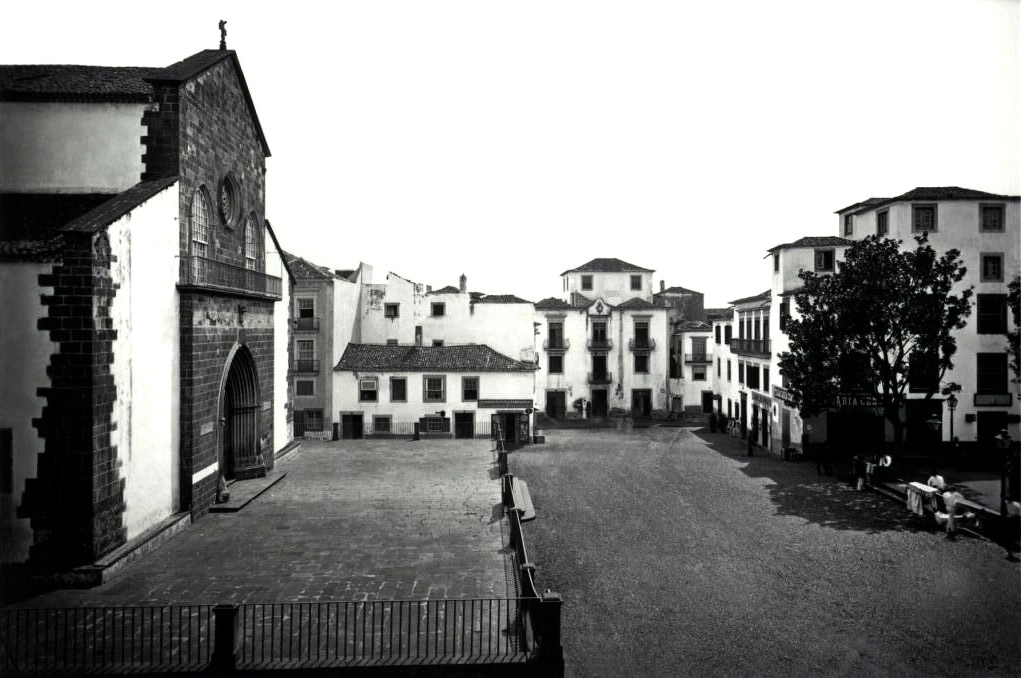
Turmoil, Trading, and Tourism
The 18th and 19th centuries brought diverse visitors to Madeira, including patients seeking its reputed health benefits, curious travelers, early tourists, and scientists. The Napoleonic Wars (1803–1815) led to the brief occupation of Madeira by the British Empire, which later returned the island to Portuguese control in 1814. Madeira bravely resisted Miguel of Portugal's usurpation until 1828, succumbing to overwhelming forces.
During this period, Madeira evolved into a hub for the aristocracy, nobility, and monarchs. The first tourist guide for Madeira surfaced in 1850, emphasizing nature, history, and customs. A census done in 1891 recorded a population of 132,223 inhabitants. In the same year, the world-famous Reids Hotel opened its doors and welcomed its first customers.
Madeira During the World Wars
Madeira During World War I
In December 1916, German U-boats torpedoed three Portuguese ships in Funchal. The town was shelled for more than two hours. The German U-boat, U-38, captained by Max Valentiner, went into the Port of Funchal in Madeira, torpedoed and sank 3 ships.
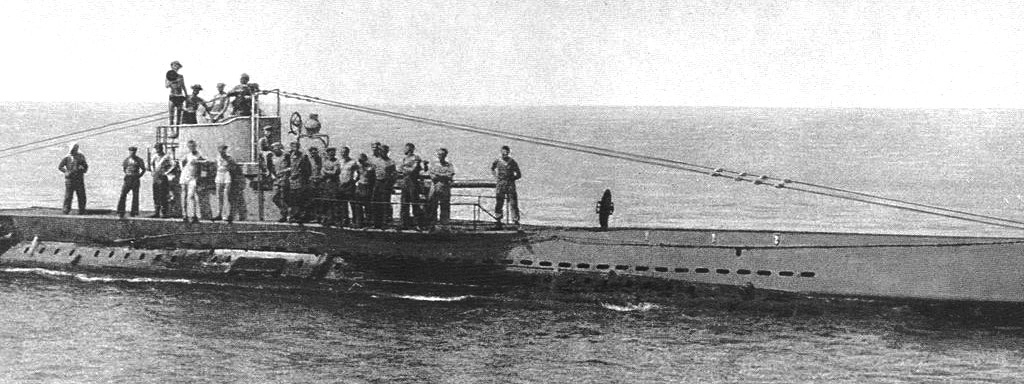
A year later, two different German submarines again shelled Funchal. The attack lasted 30 minutes, killing three Madeirans. Shortly after and in response to these attacks, the Terreiro da Luta monument was built. This monument stands as a reminder of the attacks on Madeira during World War I and the resilience of its people.
Madeira During World War II
Despite Portugal’s neutrality during World War II, Madeira’s strategic location in the Atlantic Ocean meant that it was not isolated from the events of the war.
Portugal’s decision to stick with the oldest alliance in the world, the Treaty of Windsor (1386) between Portugal and England, allowed Madeira to help the allies. In 1940, Hitler commanded an investigation into the occupation of Madeira.
"I also request that the problem of occupying Madeira and the Azores should be considered, together with the advantages and disadvantages which this would entail for our sea and air warfare. The results of these investigations are to be submitted to me as soon as possible."
Adolf Hitler - November 12, 1940
In July 1940, around 2,000 Gibraltarian evacuees were shipped to Madeira due to the high risk of Gibraltar being attacked by either Spain or Germany.
Madeira’s Autonomy from Mainland Portugal
Madeira achieved autonomy on July 1, 1976, following the Carnation Revolution and the subsequent unfolding events. This significant development granted the region its own government and legislative assembly.
For the subsequent 37 years, until 2015, Alberto João Jardim presided over the government, making him until this day one of the longest-serving democratically elected leaders in the world.
Flag and Anthem of Madeira
The Flag of Madeira was adopted in 1978. It symbolizes the sea (blue) and life (yellow). Two years later, the official anthem was adopted. See below the lyrics of the Anthem, translated to English.
From the valley to the mountain and from the sea to the hills,
Your humble, stoic and brave people
Among the hard rock you plowed the land,
To sow the seed of bread:Hero of labor on the rugged mountain,
Who went out to sea in the waves:
The laurels of victory, in your calloused hands
Were the inheritance you gave your children.Throughout the world
Madeira your name lives on
In your nostalgic children
Who, across borders, are proud of you.Throughout the world
Madeira, we will honor your history
On the path of work
We will fight
We will achieve
Your well-being and glory.Anthem of the Autonomous Region of Madeira

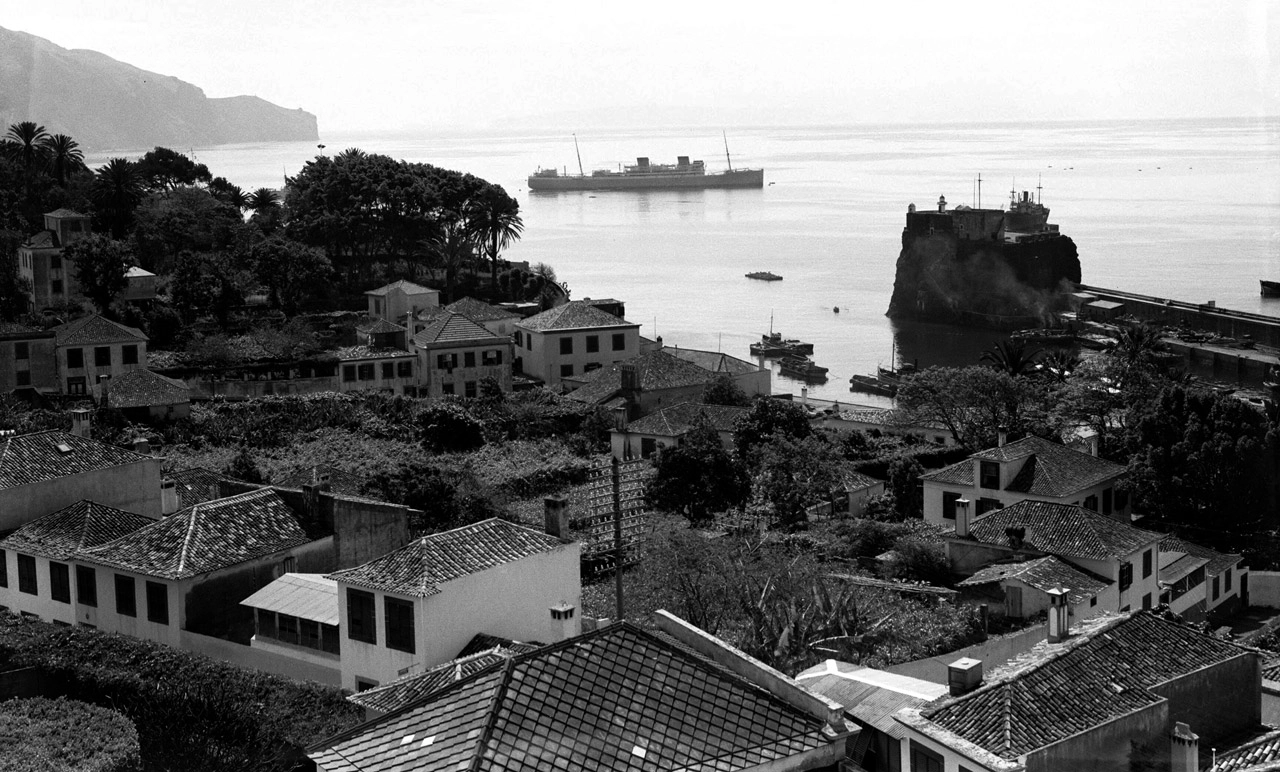



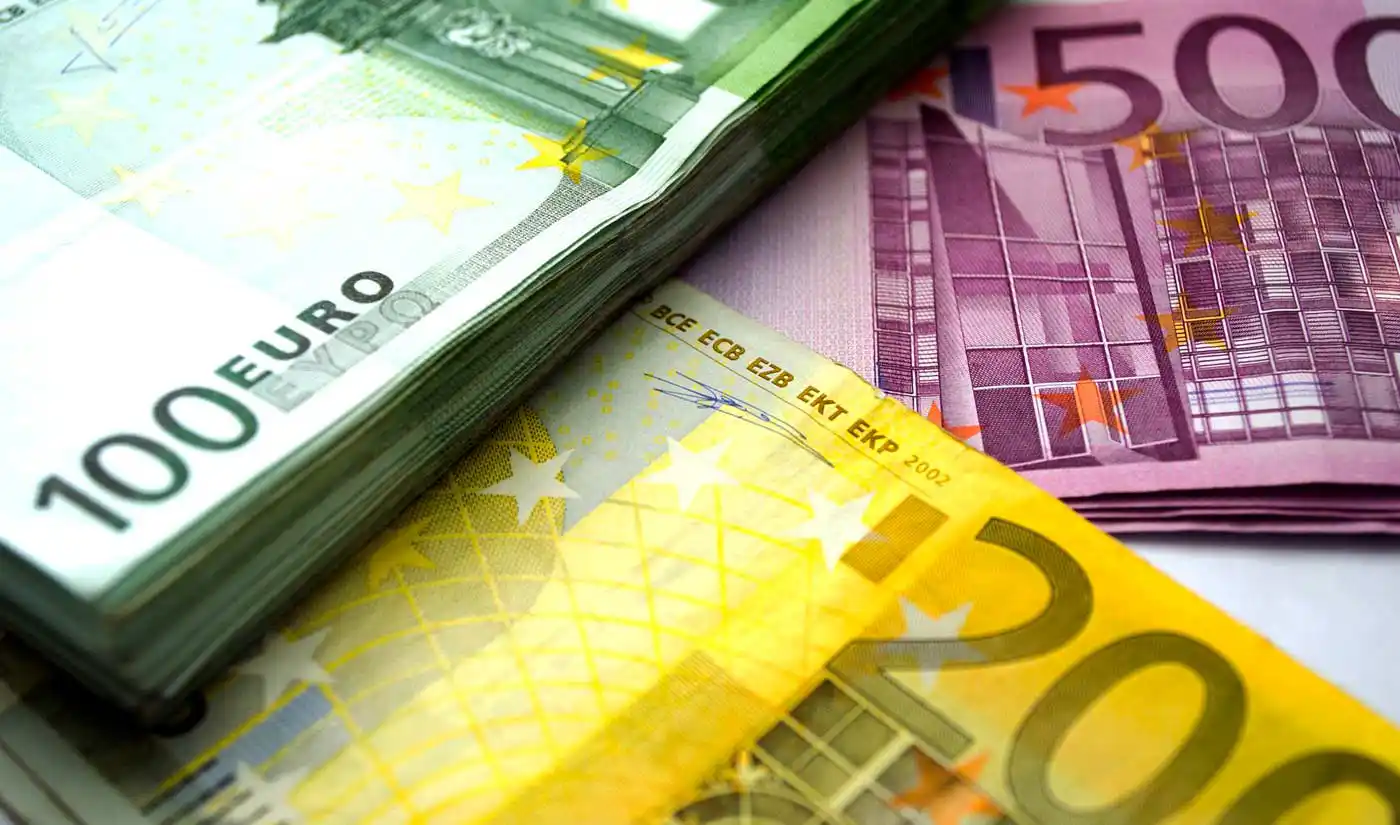
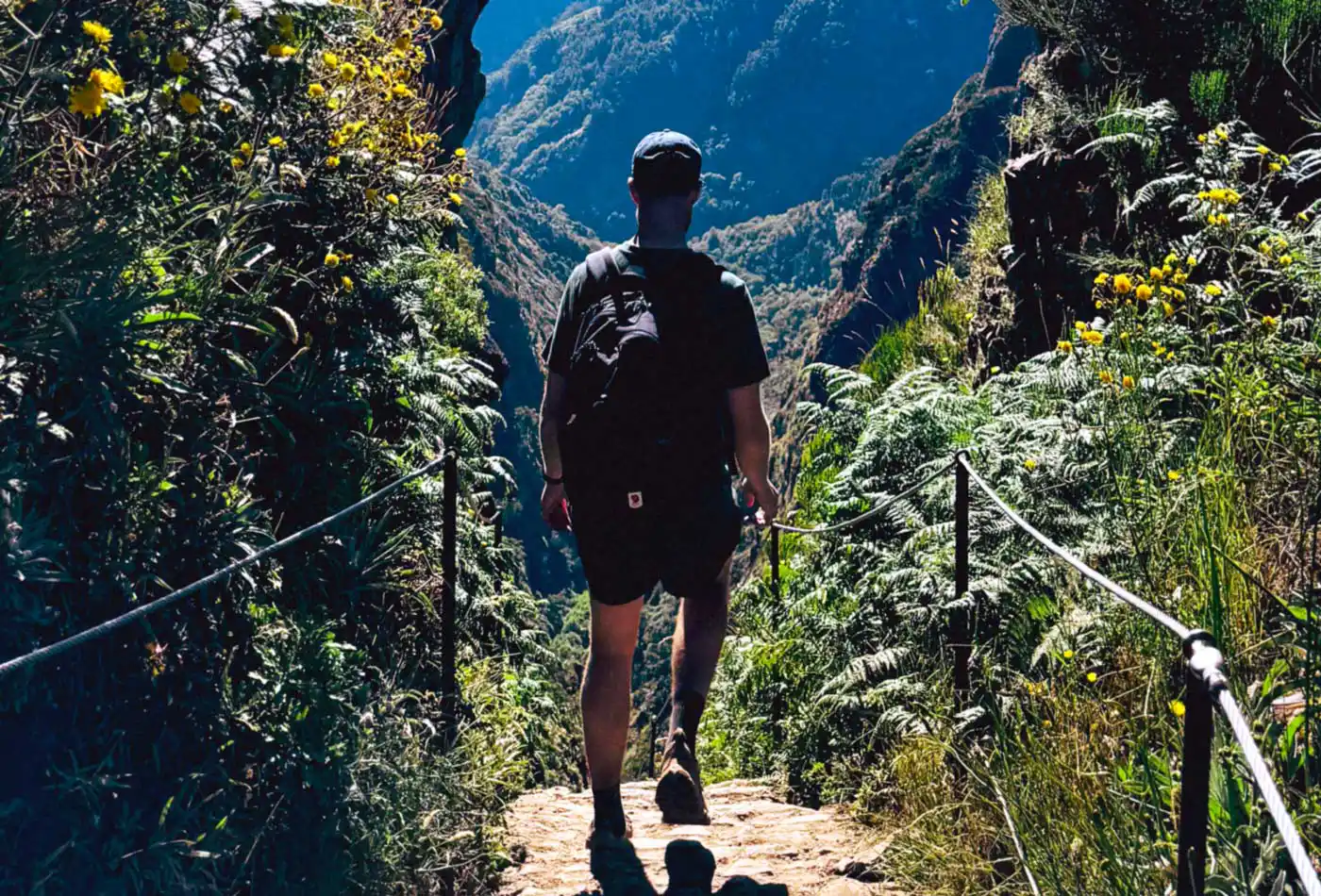
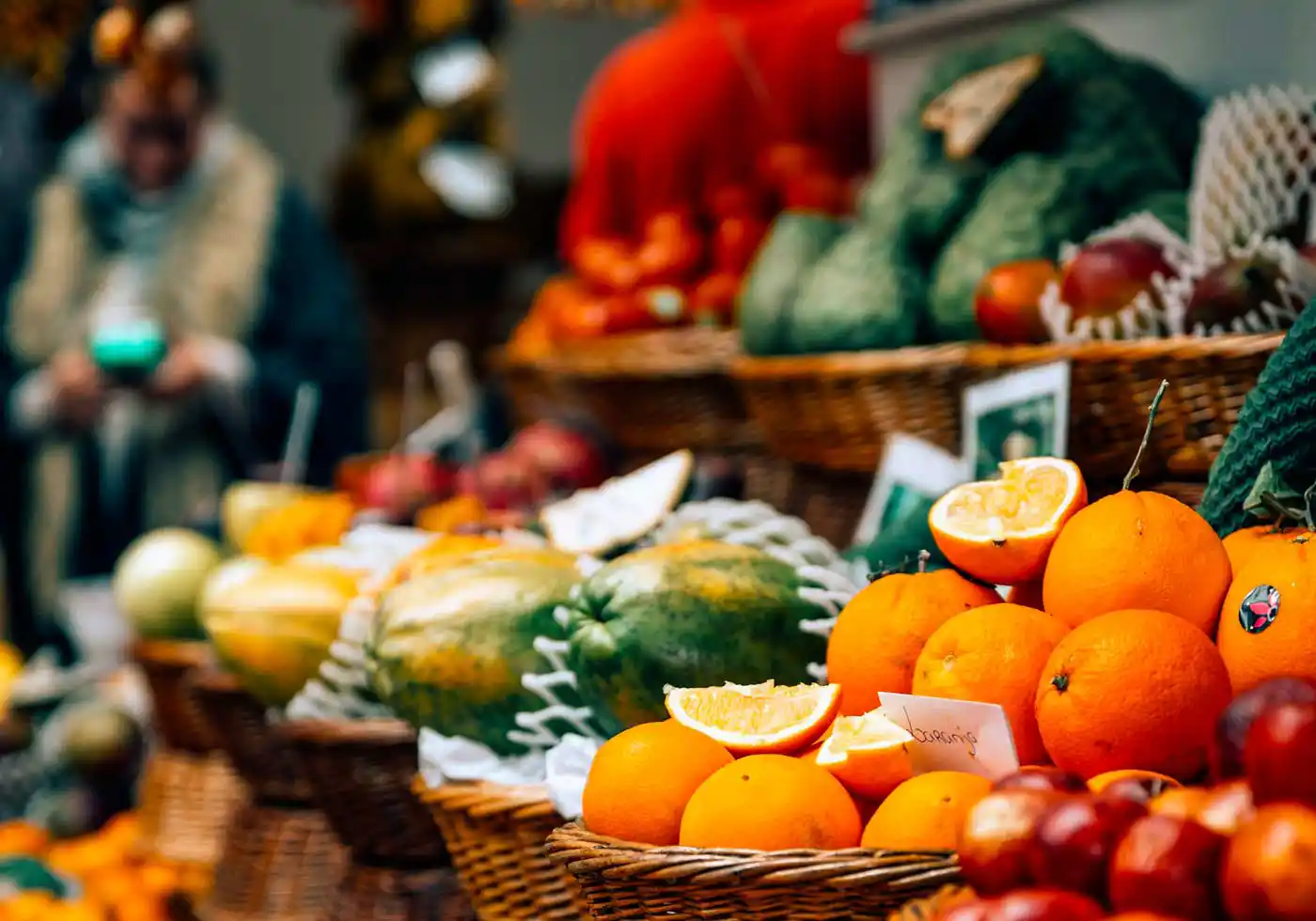
Comments